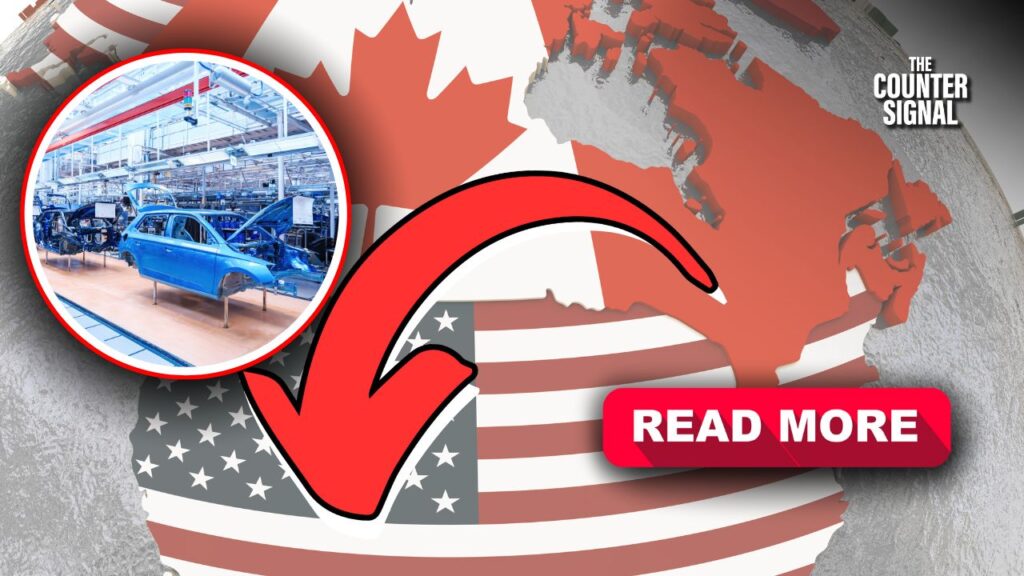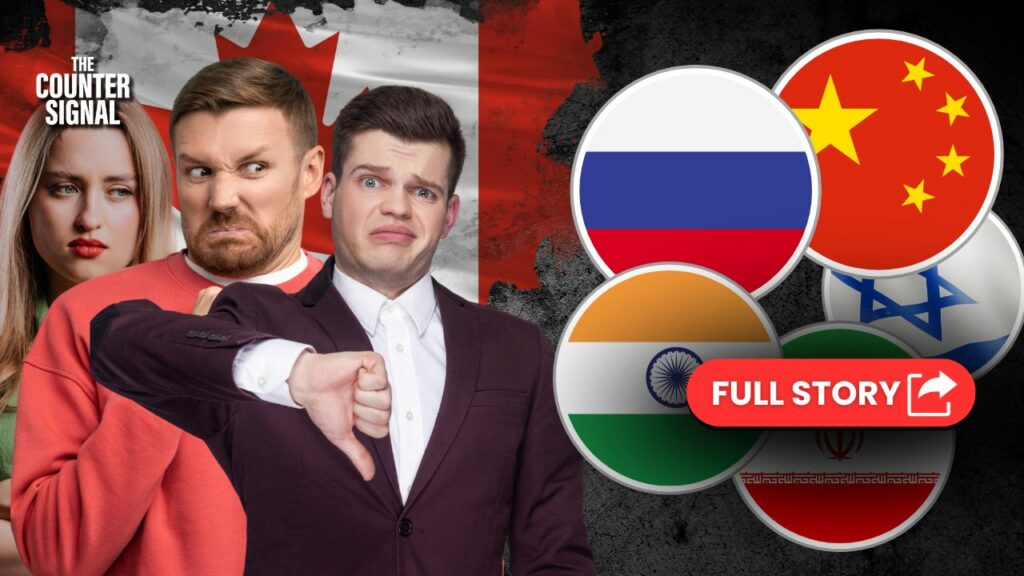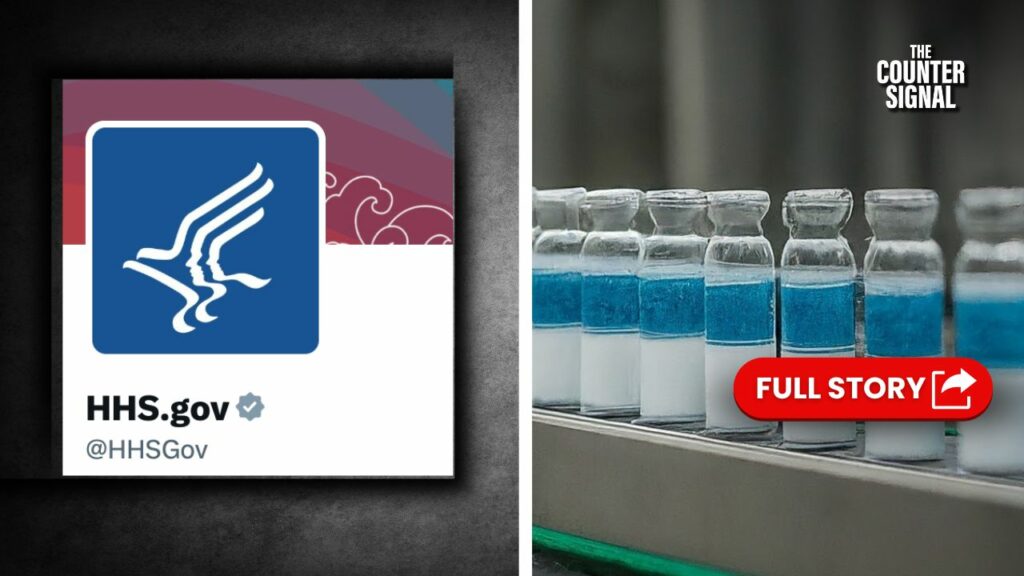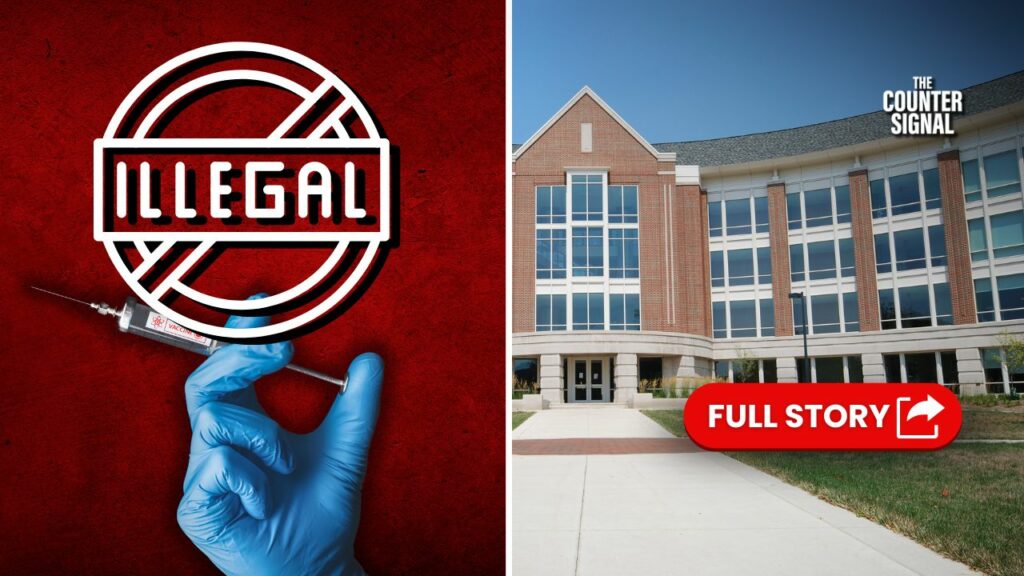The US has just declared monkeypox a national health emergency despite having a low number of cases and the low transmissibility of the virus.
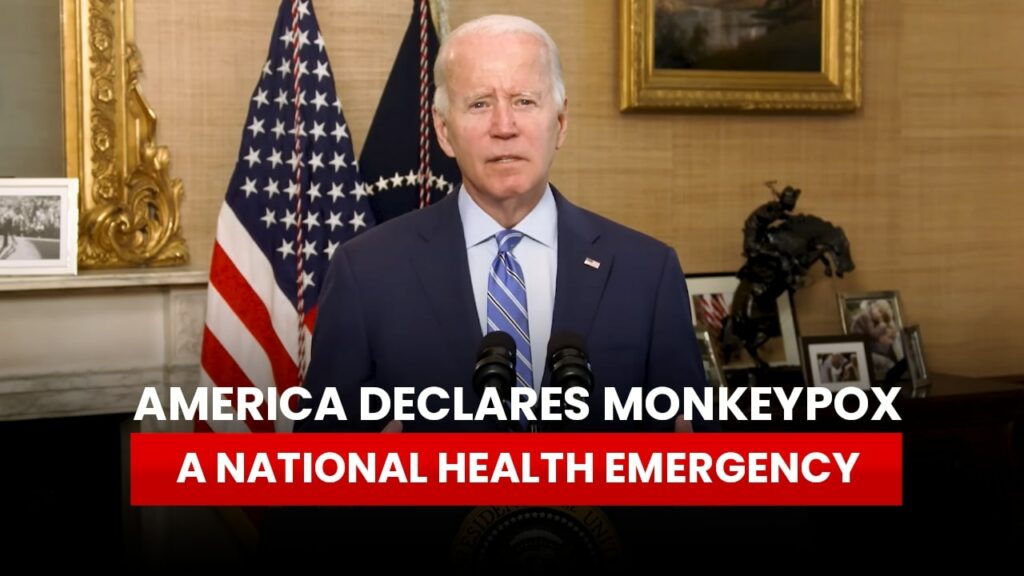
“We’re prepared to take our response to the next level in addressing this virus, and we urge every American to take monkeypox seriously and to take responsibility to help us tackle this virus,” said Department of Health and Human Services Secretary Xavier Becerra during a press briefing about the declaration.
At the time of writing, the CDC has only reported 6,617 cases of monkeypox in a population of over 332,000,000. This is months after the supposed outbreak.
Following the declaration, CDC Director Rochelle Walensky said this would provide resources and increase access to care. She also said it would expand the CDC’s ability to share data.
The declaration comes just two days after California and Illinois (which had under 1,000 confirmed cases) joined New York in declaring monkeypox an emergency and less than two weeks after the World Health Organization declared monkeypox an international emergency, despite a committee panel voting against the decision.
As for what the monkeypox declaration means for Americans, the government is expected to commit itself to more of the same that people saw with COVID. That means more surveillance, new vaccination campaigns, and a whole host of other measures that will probably be just as effective (or ineffective) at ‘stopping the spread.’


